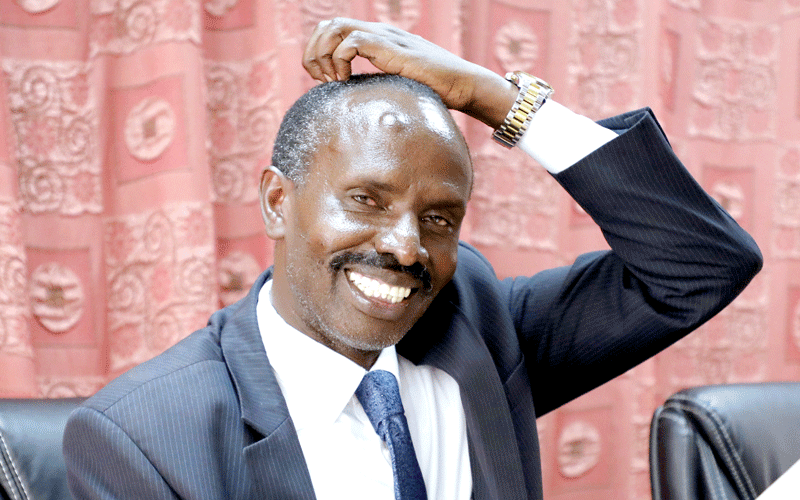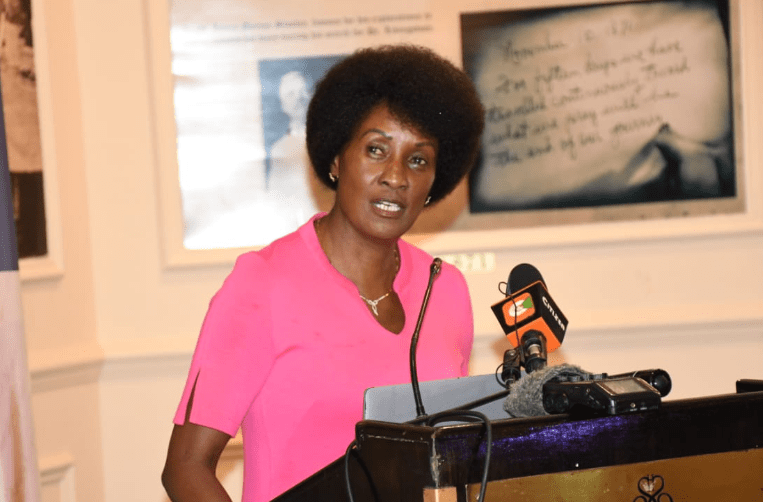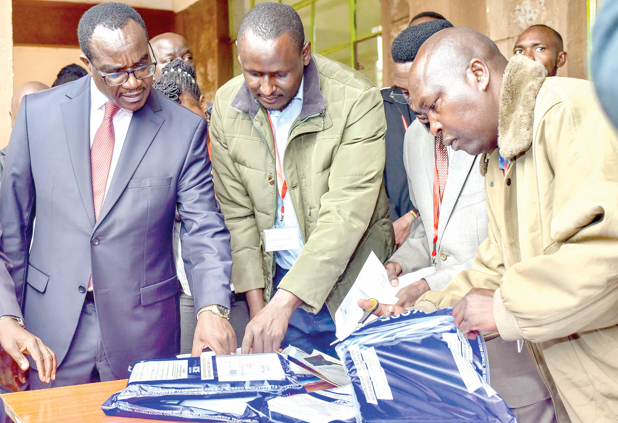TSC, unions must put learner’s interest first

The caustic relationship between the Teachers Service Commission (TSC) and its employees’ trade unions, especially the Kenya National Union of Teachers (Knut), in the last past year has slowed reforms in the education sector.
The perennial clashes between the two has consigned the teacher and learner to the grass that is suffering in the unfortunate fight.
It is unfortunate the intransigence of their respective managements has made it difficult for them to come to some reasonable understanding on key issues, including remuneration teachers.
And yesterday, Knut secretary general Wilson Sossion described 2019 as “a tormenting year, full of harrowing experiences that caused union members severe mental and physical suffering”.
He appealed to the President to intervene and ensure sanity in the sector before the unhealthy rivalry between the teachers’ employer and unions disrupts learning in the new year.
Though, the union boss has been part and parcel of the problem by his garrulous and unyielding stand in many issues during the collective bargaining agreement discussions, he appears to realise the futility of such an approach.
Any negotiations can only be fruitful if done in good faith and in a give-and-take approach. This hasn’t been the case, and both sides—TSC and unions—are guilty as charged.
For instance, why hasn’t there been progress on promotion and the contentious delocalisation of teachers, which potent noble ideals for the teacher and education sector? Because of unreasonable and misplaced ego trips!
Another case in point is the needless anxiety over delayed promotion of teachers to secondary school principal and deputy principal positions.
This would not have been an issue if the TSC had in its advertisement clearly outlined the eligibility criteria—and this case, a Master’s degree.
It did not and that is why the teacher employer is being accused of shifting goal posts.
As we usher in New Year in a fortnight, it is imperative the two and other sector stakeholders step back and reflect on their positions to ensure they do what is best for the learners.
They, therefore, must put the learners’ interest above theirs and avoid any action that might disrupt learning going forward.









